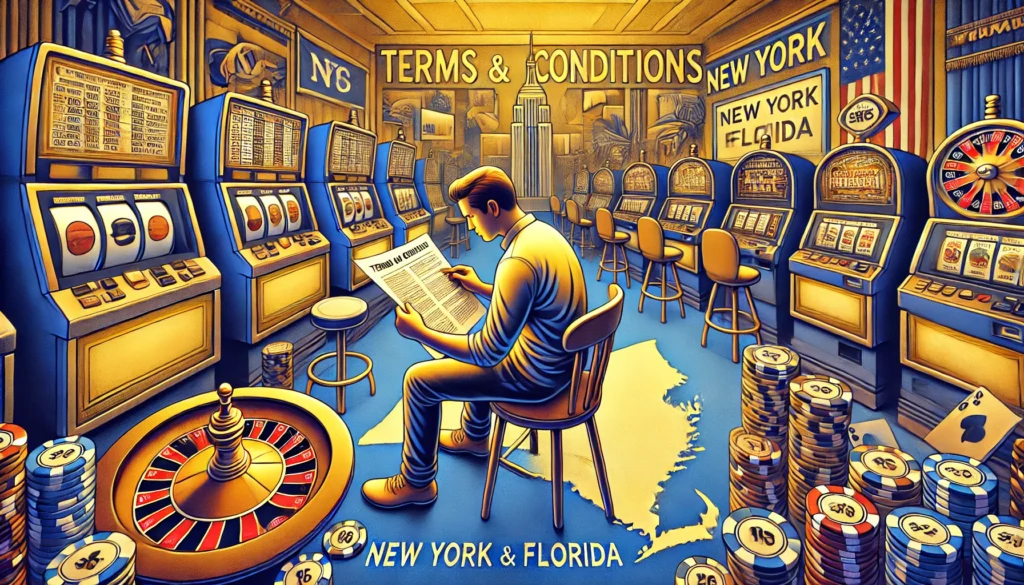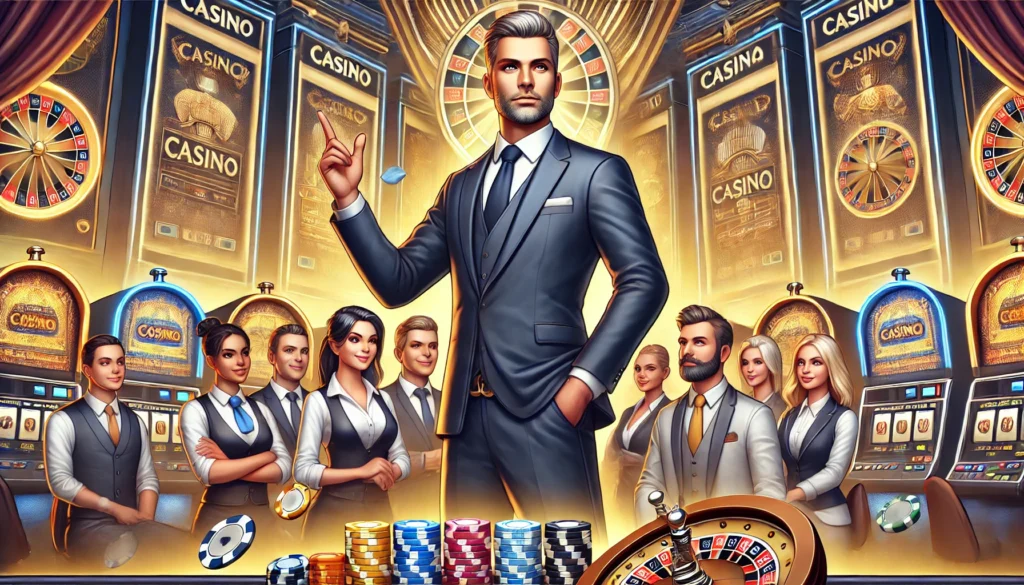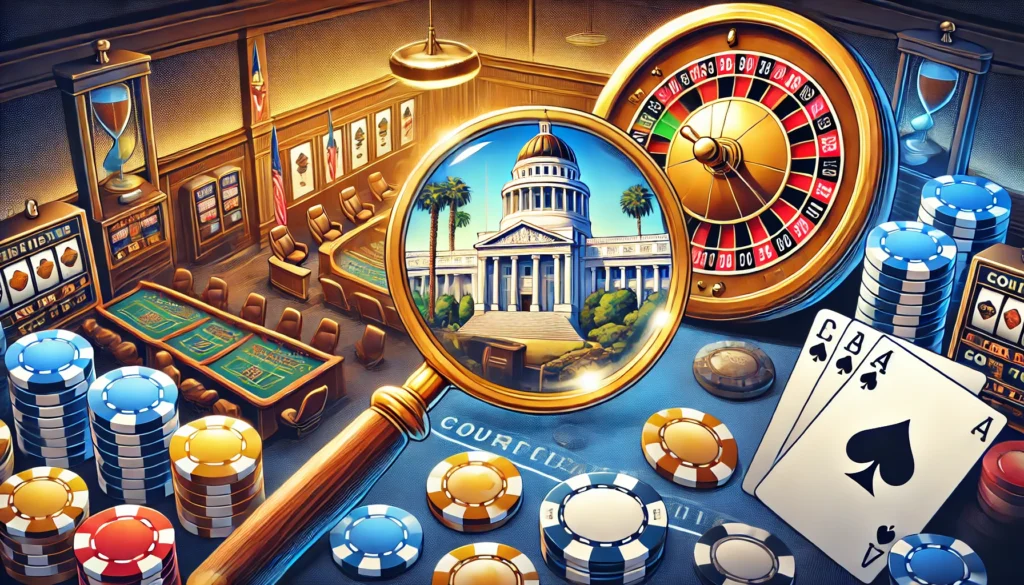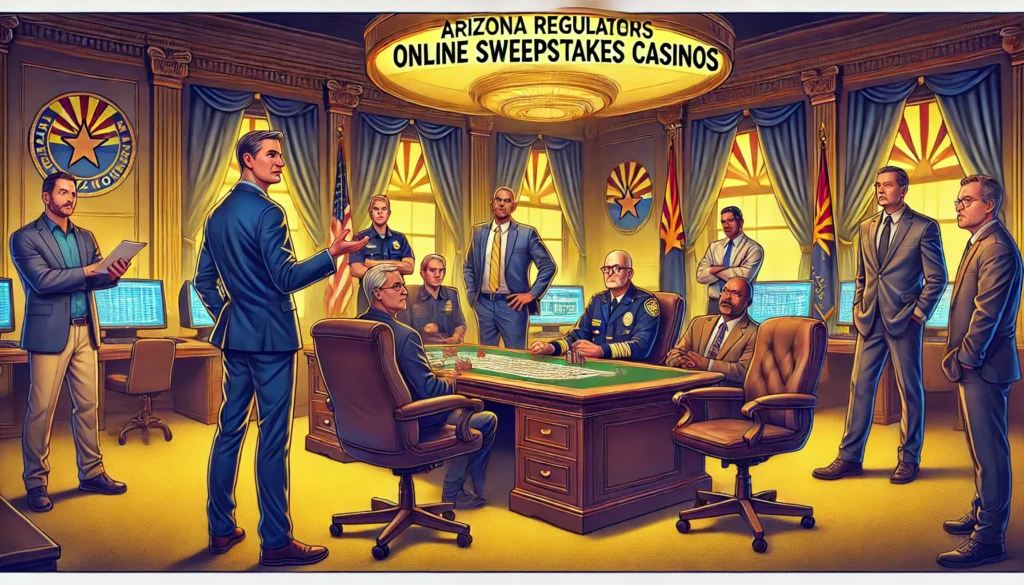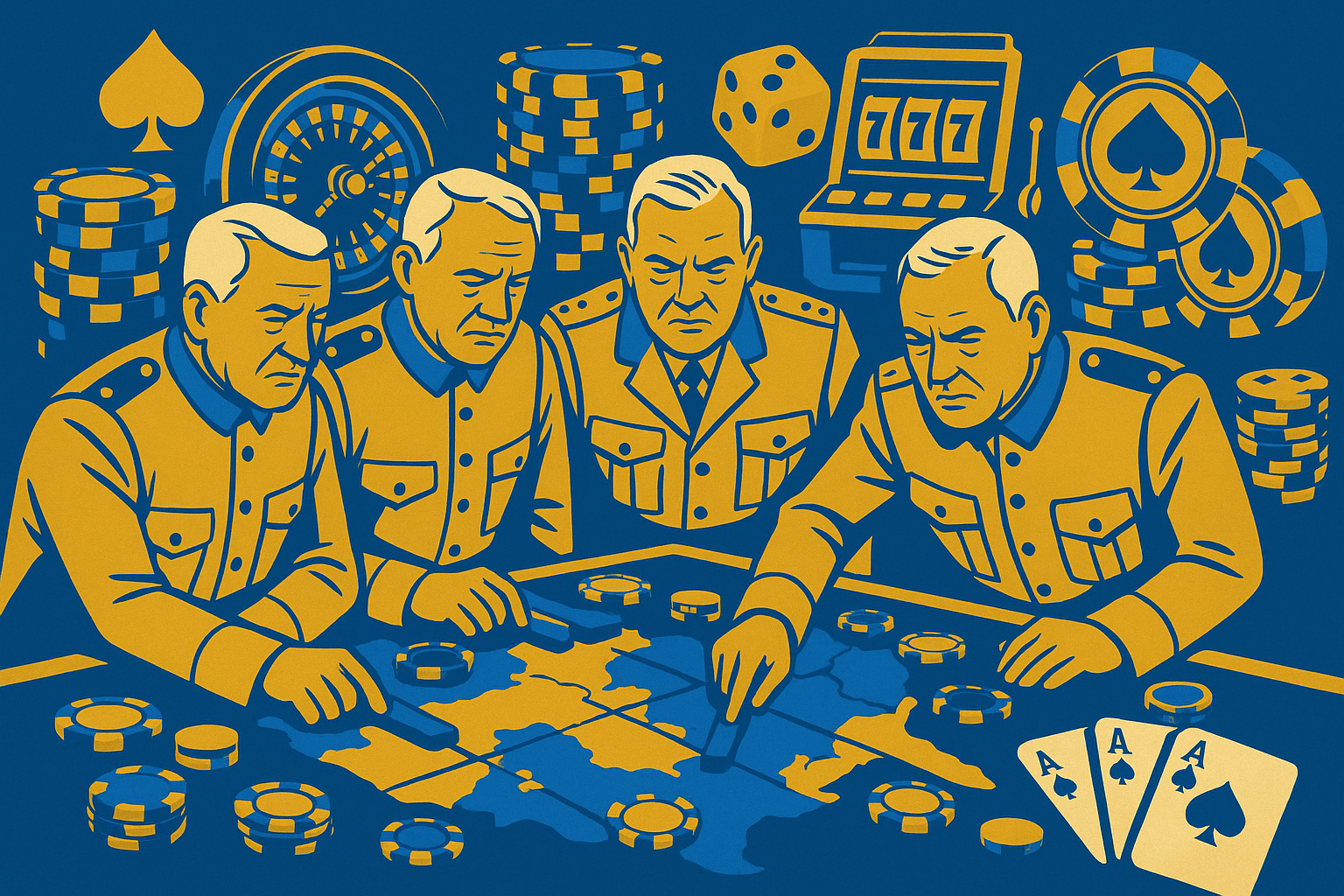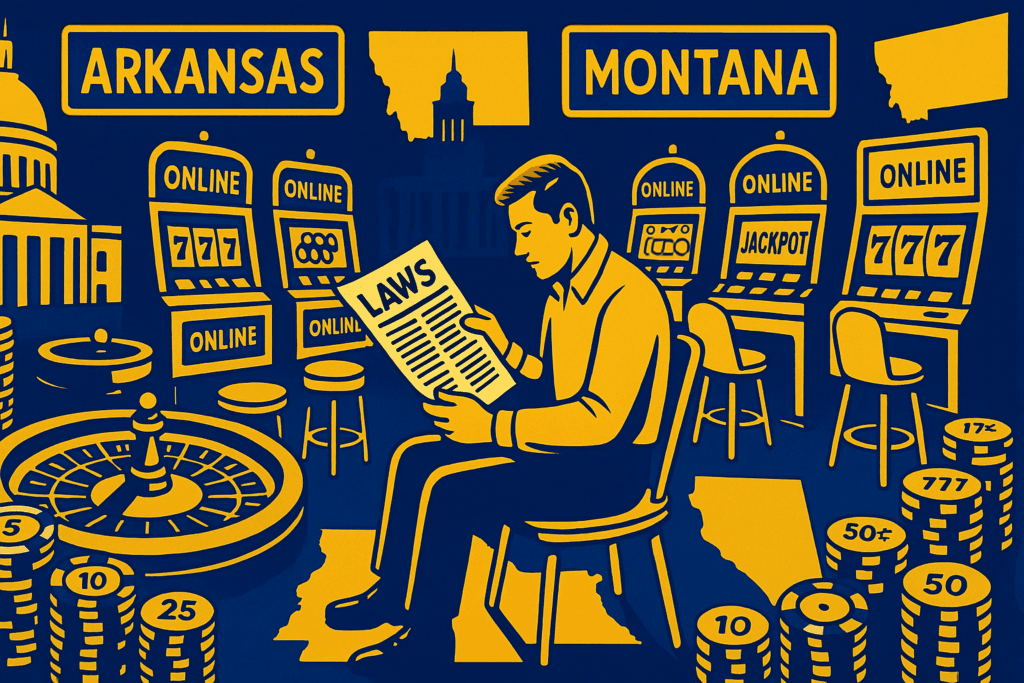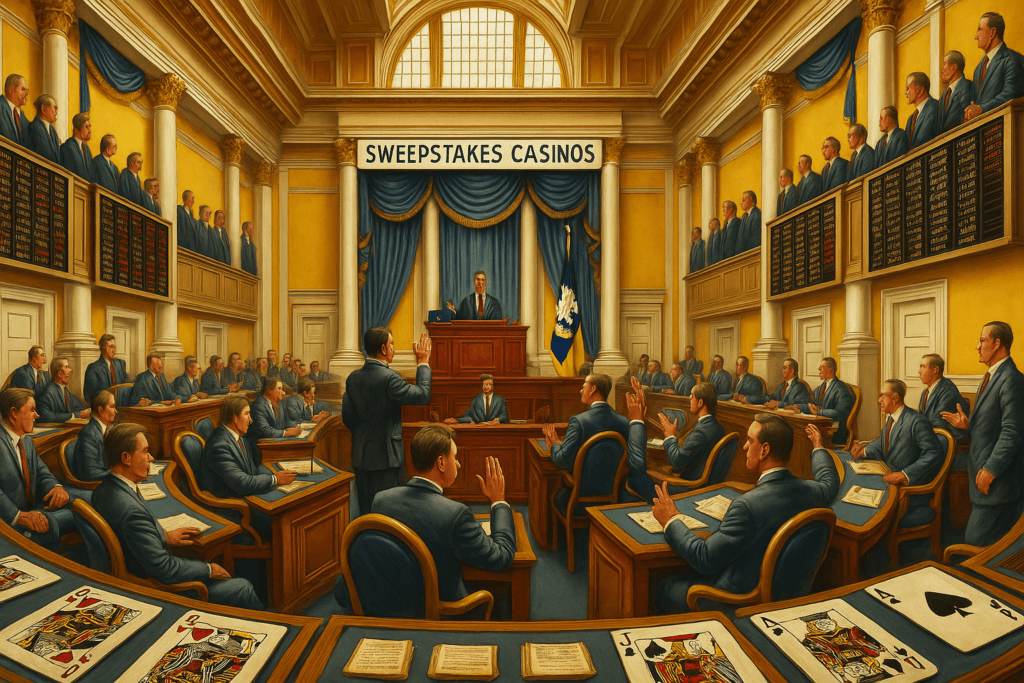The Social and Promotional Games Association, formed in late 2024 to advocate the social and sweepstakes gaming industry, is focused on building upon its Member Code of Conduct. That code launched with four main tenets in December:
- Age verification to ensure players are 18 and older
- Identity verification
- Location verification
- Anti-money laundering policies
With those core pillars in place, moving forward, the SPGA has identified one of its key areas for growing its code of conduct.
“Expanding and refining consumer control will be a central focus as the SPGA continues to evolve its Member Code of Conduct,” an SPGA spokesperson told Sweepsy in a statement.
‘Robust ways to control their play’
This statement stemmed from a question regarding problem gambling helplines.
All regulated real-money online gambling sites — whether sports betting, casinos, or lottery — are required to list the number for a problem gambling helpline. Most often, you’ll find the number in the footer menu at the bottom of the site.
As they don’t face any regulation, sweepstakes gaming sites are not required to list any such phone numbers. The SPGA did not specifically respond to whether it would push for member operators to include problem gaming contact info directly on their sites.
Instead, the spokesperson wrote: “SPGA members provide consumers with robust ways to control their play.”
We see you, Stake.us and Crown Coins
Sweepsy checked 19 sweeps casino sites. Most site footers contained clickable links to responsible gameplay information, often including contact information for problem gaming resources like Computer Gaming Addicts Anonymous or Gaming Addicts Anonymous. (Credit Crown Coins for having a big, bright yellow button directing players to these resources.)
None of the 19 sites had any helpline phone number listed visually on their homepage.
One, though, did provide an email address for those seeking help: Stake.us.
“Stake is committed to responsible social play, for more information visit Gamingaddictsanonymous.org,” a section of the Stake.us footer reads.
What better time to promote safe gameplay?
Now is a critical time for the SPGA, and, really, the sweepstakes industry as a whole.
The start of legislative sessions around the country has brought about a handful of bills involving sweeps operators — and most of them are positioned against the operators.
Connecticut, Maryland, and Mississippi are considering bills that would ban sweeps sites, and New York is considering a bill that would effectively prevent them from entering an iGaming market, should that be legalized.
West Virginia’s attorney general is taking legal action against sweeps operators. Arizona’s gaming regulator issued a PSA warning residents about sweeps sites. Michigan, Delaware, and Washington have all also sent cease-and-desist letters to sweeps operators.
New Jersey, meanwhile, is considering a bill that would regulate and legitimize sweeps gaming sites.
With so much legal discussion surrounding the sweepstakes gaming industry, both in state legislatures and courthouses across the country, it behooves sweeps operators to promote responsible gameplay as much as humanly possible. Lawmakers need to be convinced sweeps sites, and their dual-currency model, are safe.
So it’s no surprise the SPGA is focused on “consumer control” as it fleshes out the framework and backbone of its code of conduct. The SPGA does not have regulatory control over its member operators. So it can’t legally force them to do anything. But boasting a strict set of guidelines it requires member operators to adhere to is meaningful.
At the same time, the SPGA is working to spread awareness of how sweepstakes players differentiate from real-money players.
“Social sweeps is a free-to-play product, and the vast majority of players never make a purchase,” the SPGA spokesperson told Sweepsy. “For the consumers who do, the typical purchase size is a few dollars. The social sweeps product is fundamentally different than traditional real-money online casinos.”
According to an SPGA fact sheet, roughly 2/3 of players at “a typical SPGA member site” play only the free version of the games.


